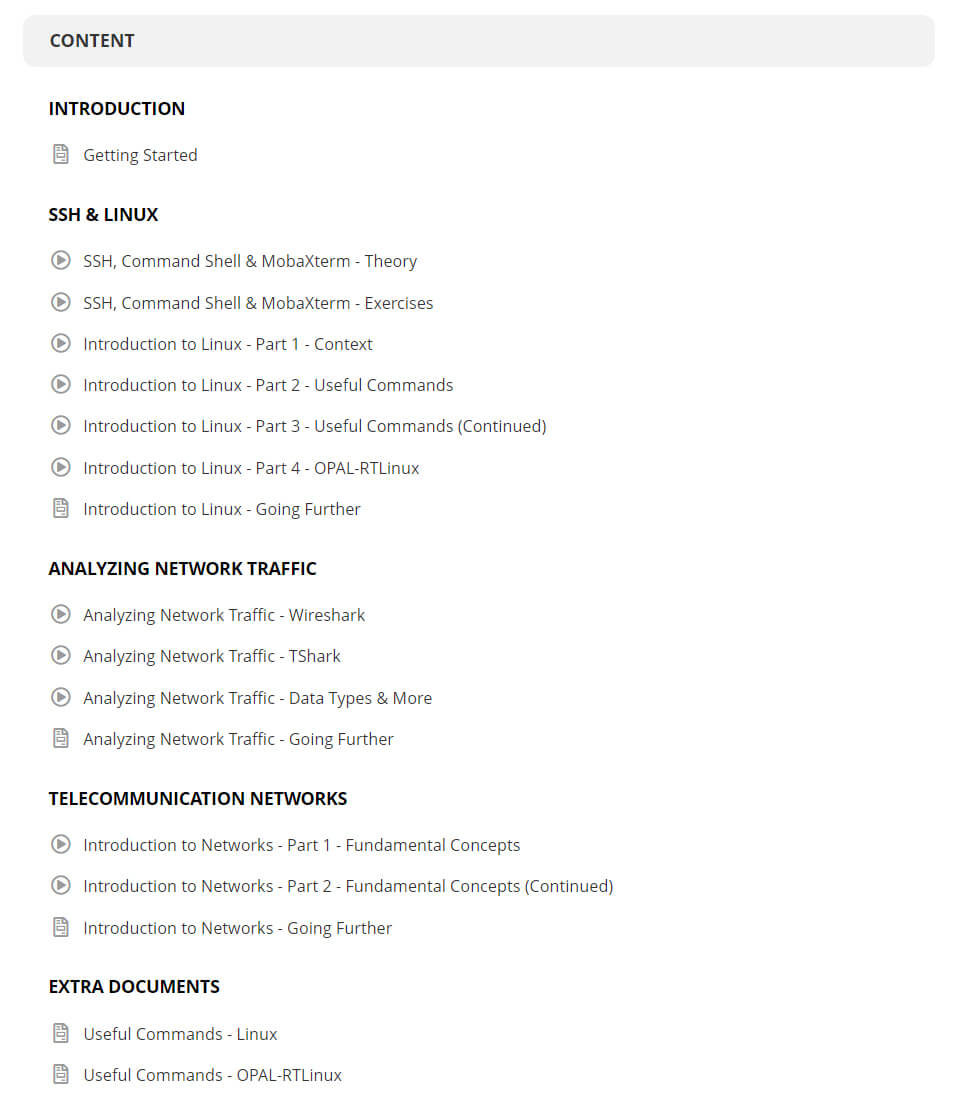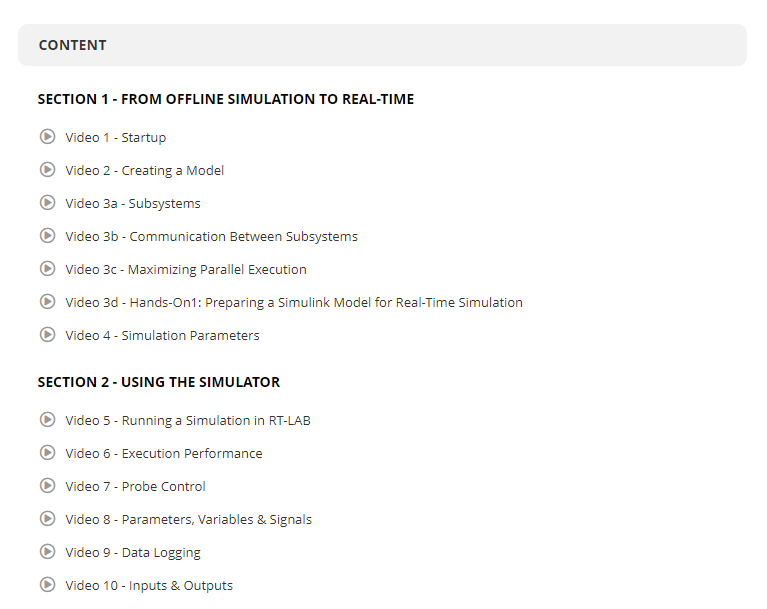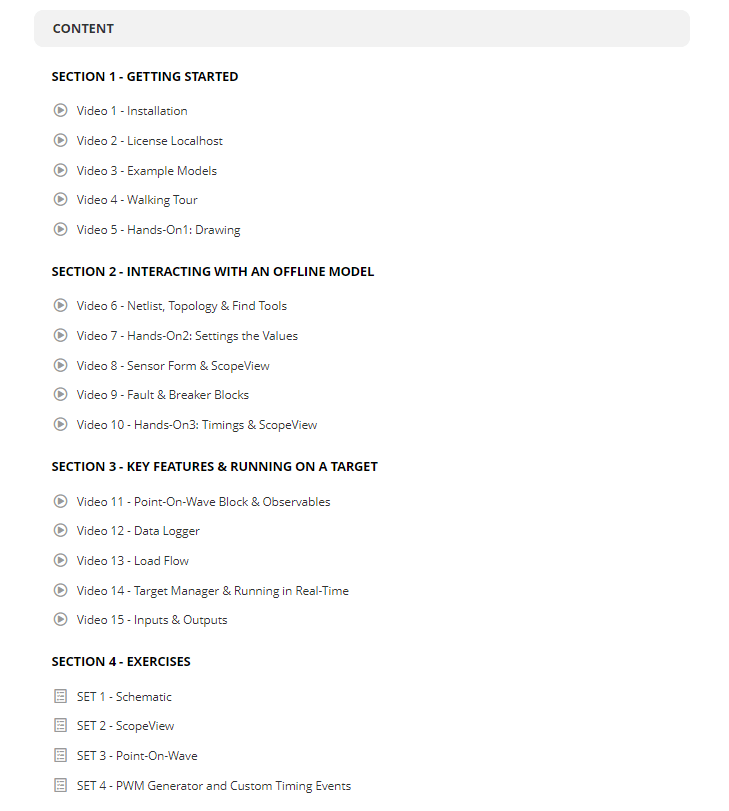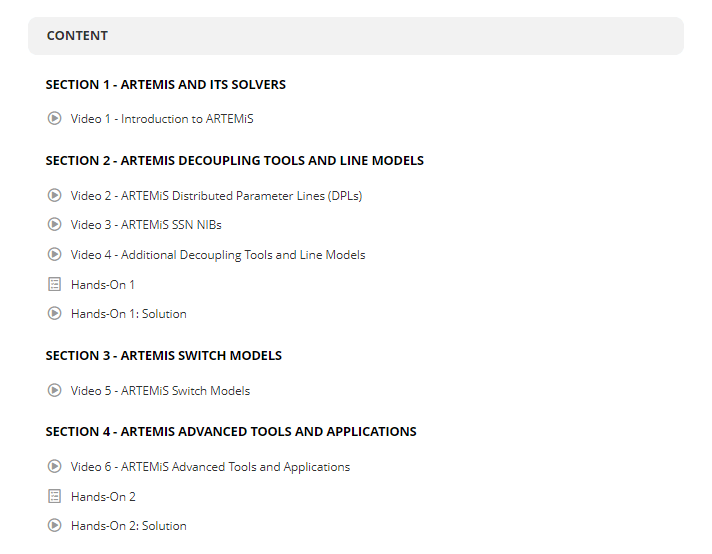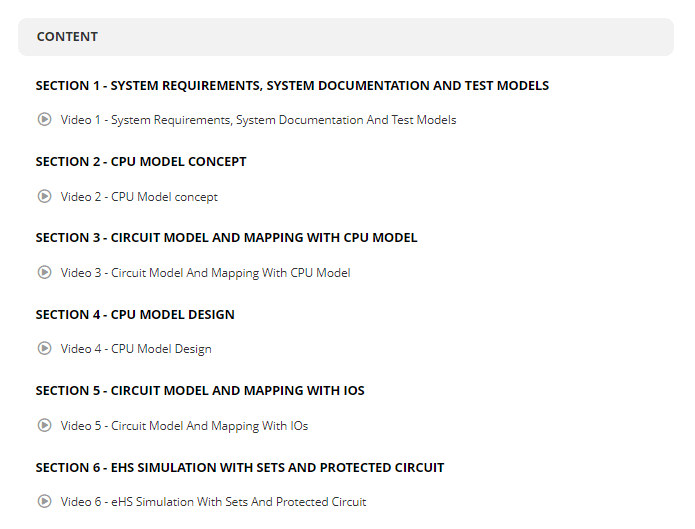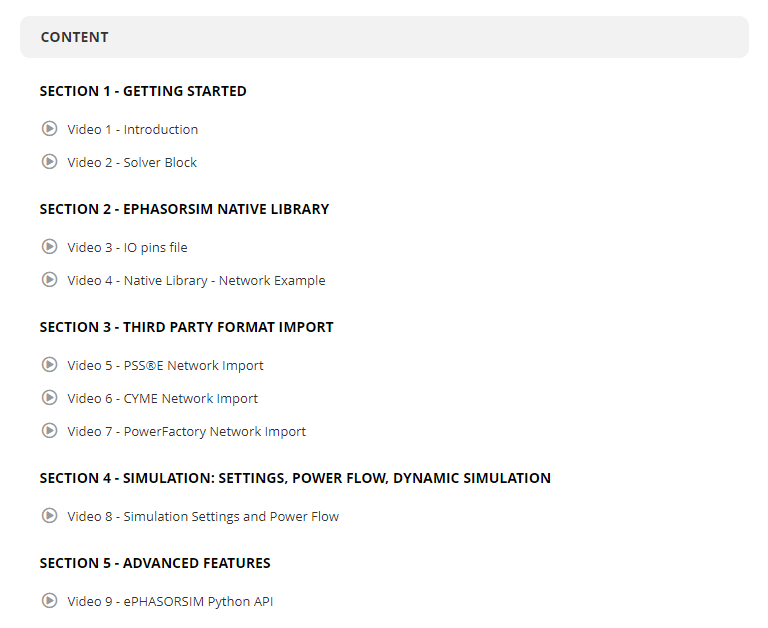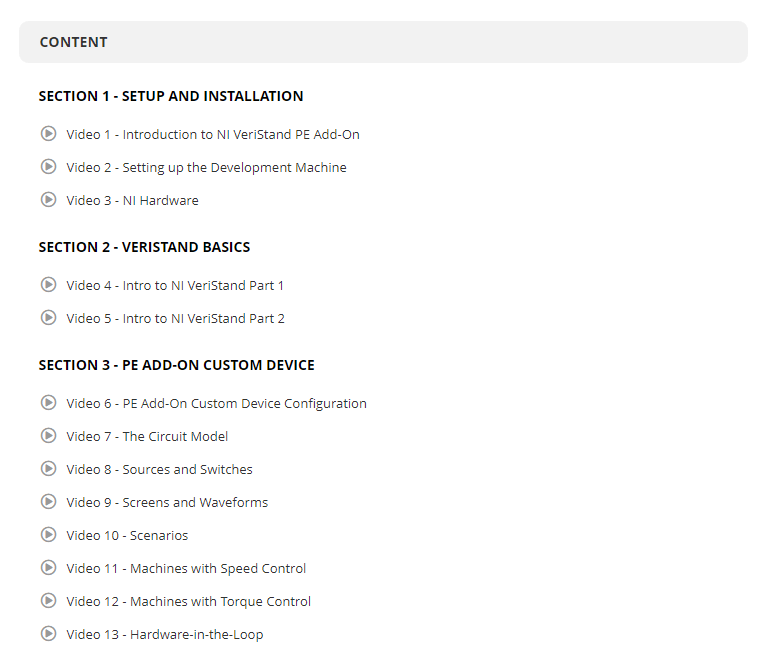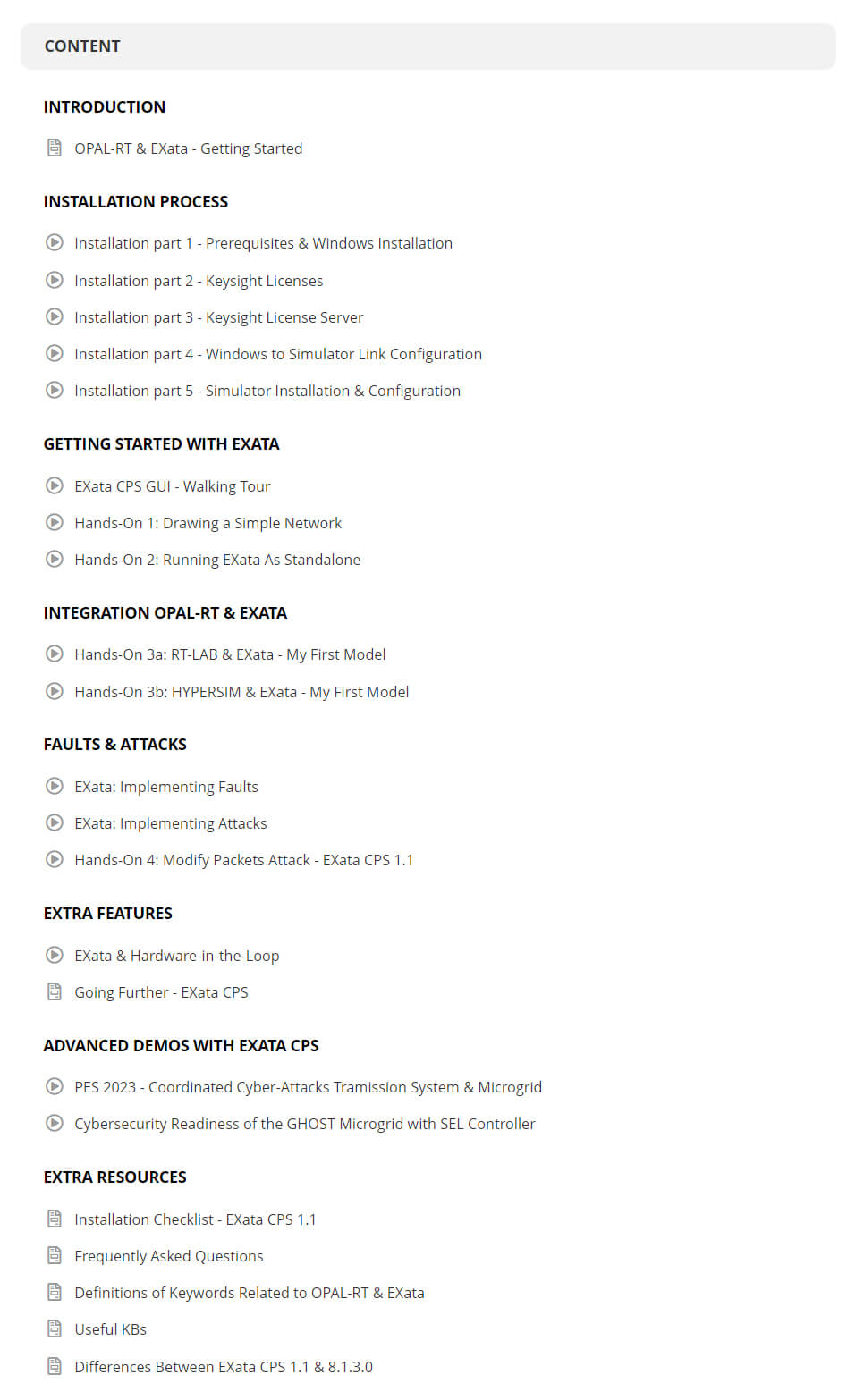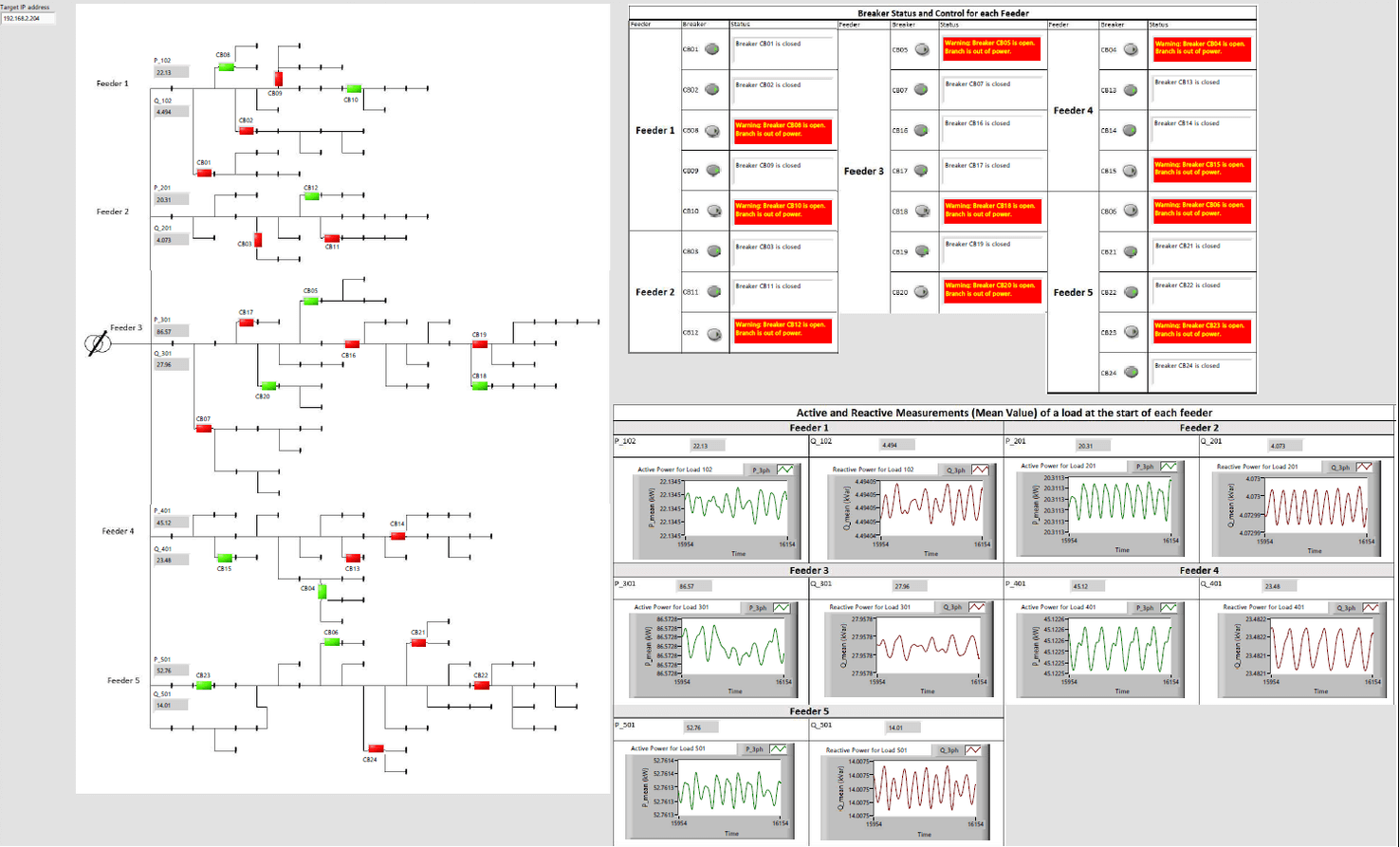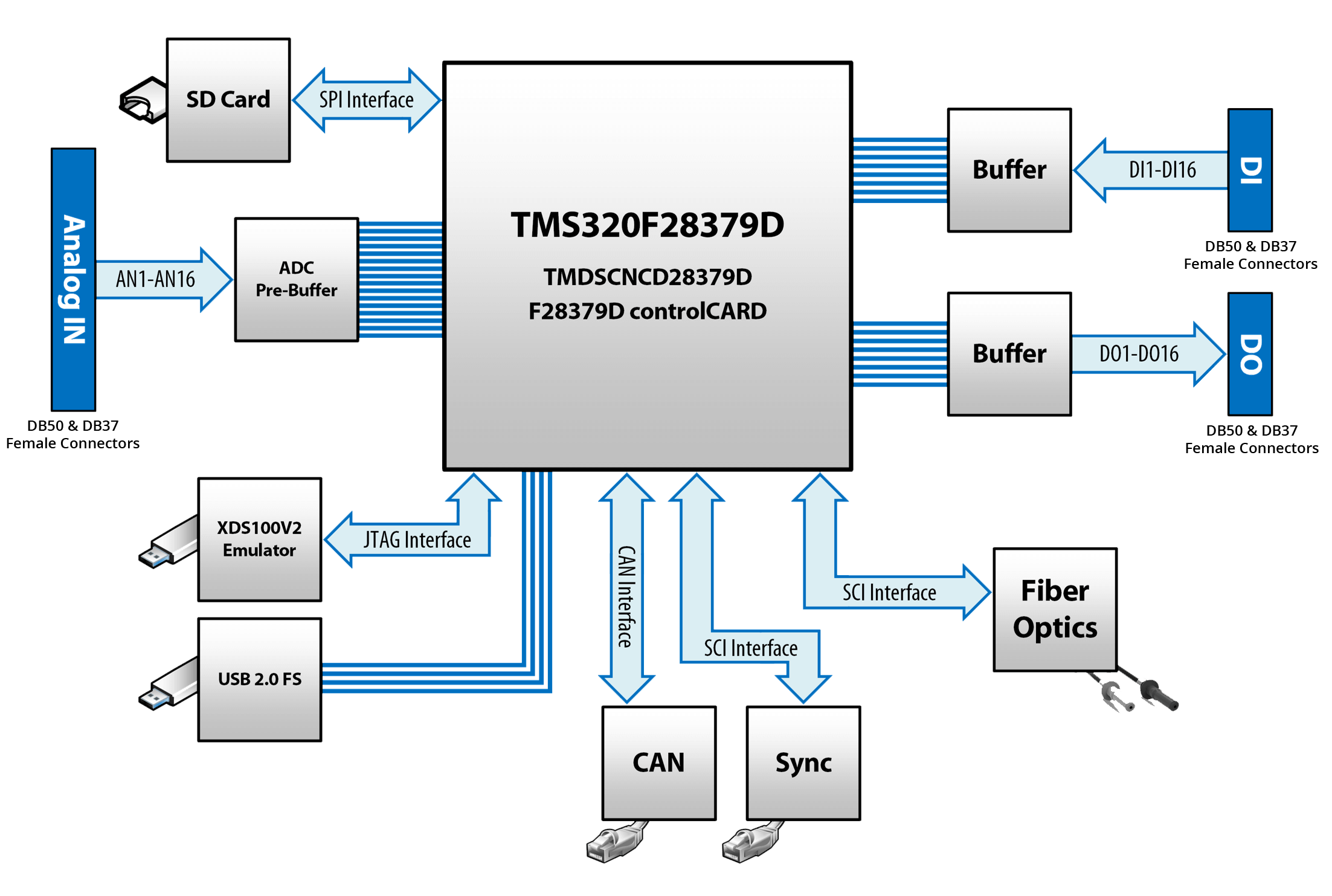Product News
December 17, 2020
The Founding & Expansion of a Remote Learning Lab from a Long-Trusted Educational Partner

In Fall 2020, a Virtual Lab pilot program was launched, consisting of OPAL-RT courseware, to help mediate the physical distancing constraints as a first step–but also to help implement the concept of reverse teaching, namely flipped classrooms and labs. In this context, that means applying hands-on practice sessions to the classroom portion of the course, while assigning readings and other classwork to students at home.
It has long been a cornerstone of pedagogical theory that we retain a great deal more of what we actively participate in when learning. The Cone of Learning, below, illustrates these concepts.

In practice, what this looks like is: students do their lab sessions first, in the safety of their own homes, on their own computers, and at their own learning pace—and allow themselves in the process to make mistakes, break virtual fuses, etc. Once they are later in front of the physical test bench, they know exactly what to expect as a result, and how to deal with the hardware they have at hand.
OPAL-RT has been developing courseware since 2014 and incorporating these principles. We started initially with our suite of Power Electronics courseware. Then in 2017, we pooled our efforts to team up with Professor Viarouge and his students from Laval University in Quebec, Canada, to further develop courseware in Electric Motors and Power Systems. It should go without saying that these efforts are win-win for all parties, as we learn more about how students themselves learn, and they are able to avail themselves of world-class real-time interactive simulation concepts in action and solvers/platforms. (This is as opposed to the offline non-interactive simulation they might usually have access to in classrooms and labs.) Over the course of the pilot program, the professors adopted our courseware, adapting it to their needs, and developing new experiments, and sharing that further development with us.
Five universities and colleges have so far participated in our pilot project: Laval University and Collège Montmorency in Quebec, École Navale in France, École supérieure d’ingénieurs de Beyrouth, and the Lebanese University in Lebanon.
For more on participating in the program, please see below.
Testimonials
 Prof. Philippe Viarouge
Prof. Philippe Viarouge
“When we designed this interactive courseware on electric motors in 2017 in collaboration with the OPAL-RT team, we never thought that two years later, we would be using it in the context of distance education imposed by the health crisis. From September to December 2020, a pilot experiment was conducted in the Electrical Machine course of the BSc program in Electrical Engineering at Laval University in Quebec City with 33 students. Everyone had access at home to their personal virtual laboratory to perform their laboratory experiments and their own investigations for the assimilation of learning.
I systematically used the virtual laboratory during the Tutorials of synchronous virtual classes in a reverse teaching approach. Several exercises in the written exams were based on analyzing performance and identifying specific training operating points from images of the adjustment and instrumentation panels. Finally, 33 one-hour individual laboratory examinations were carried out entirely remotely by videoconference with the teacher. On the occasion of the success of this experience which elicited unanimous comments among the students, I discovered with a certain enthusiasm in this versatile educational tool the possibilities of use and assimilation that I didn’t expect during its initial conception. This generic concept constitutes a powerful tool at all levels of training and in many fields.” Prof. Flavia Khatounian
Prof. Flavia Khatounian
“The obvious advantage of this courseware is the concrete comparison with the lab experiments that the students would usually carry out in the laboratory and on many levels: protection against excessive current draws, variable and reduced voltage power supplies, different assemblies achievable by simple changes of connections… This gives a certain autonomy to the students who thus prepare themselves by being more at ease since handling errors are detected and interrupted without damaging any equipment.
Finally, given that the exercises are provided with a lot of details and explanations as well as with the course concepts covered in each simulation, this gives a relatively complete overview for my 22 students.”
Prof. Jean-Frédéric Charpentier
“Even if we give the course face to face at the naval school, these courseware represent an excellent advantage because they constitute the intermediate step between the theoretical course and laboratory sessions on real benches. In addition, our 80 students are familiar with the concept of simulation, using boat navigation simulators. Why not extend this same concept to electric machine laboratories? Finally, with the courseware, we can push the systems to their limits and perform experiments that we would not do on real machines.” Prof. Rita Mbayed
Prof. Rita Mbayed
“Virtual labs have been of great importance to us in this time of pandemic where access to the real lab has not been possible. The experiments are clear, easy to handle, well-focused, and fit perfectly with the goals of the Electric Machine Course. With that, it is obvious that this virtual lab will have its place in my course from now on.”
Mr. Sylvain Brisebois
“The OPAL-RT solution will be used to add a dynamic component during the theoretical course sessions. Students will also be invited to install the courseware on their personal computer in order to carry out laboratory preparations. This is a solution that comes just in time in the current context of physical distancing but definitely will be used even later on too.”
If you are interested in participating in the extension and expansion of this pilot project, please communicate with Dr. Danielle Nasrallah (danielle.nasrallah@opal-rt.com), manager of the pilot project and developer of much of OPAL-RT’s courseware. 
Danielle Sami Nasrallah received an Engineer’s diploma in electromechanical engineering and a Diplôme d’Études Approfondies in electrical engineering from École supérieure d’ingénieurs de Beyrouth (ÉSIB), Beirut, Lebanon in 2000 and 2002, respectively, and a Ph. D. degree in Robotics Modelling and Control from McGill University, Montreal, QC, Canada, in 2006. During her Ph. D. studies she worked on a part-time basis at Robotics Design as a control and robotics engineer. She moved to Meta Vision Systems in 2006-2007 as a control and applications engineer. In 2008 she joined the electrical department of the Royal Military College of Kingston as an assistant professor and, in 2009, she was a visiting assistant professor at the American University of Beirut. From 2010 to 2014, she worked as a consultant in control and systems engineering. In 2014 she joined OPAL-RT Technologies where she is presently a technical lead in control and intelligent mobility. She retained links with academia as she lectures in Robotics and Control at both Concordia and McGill Universities.


